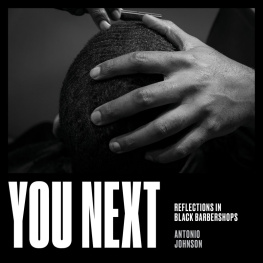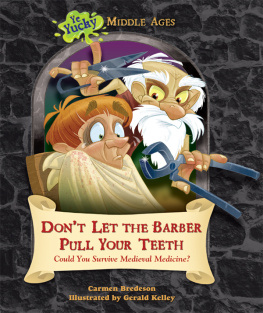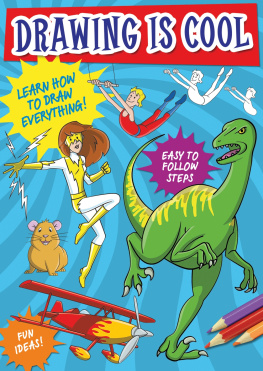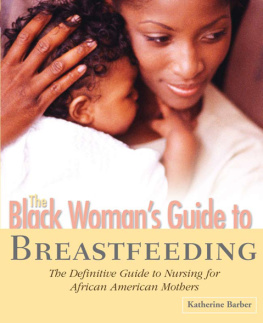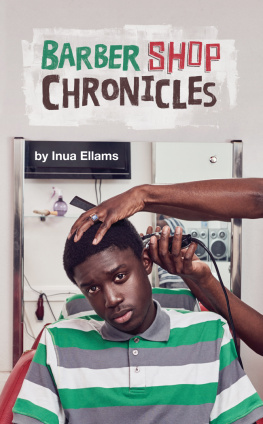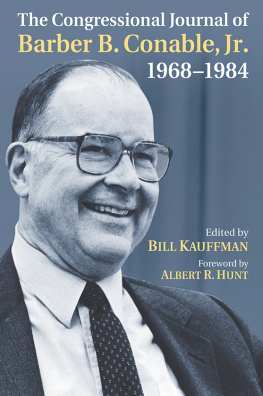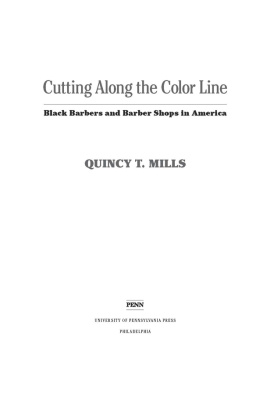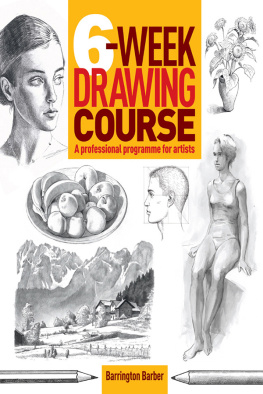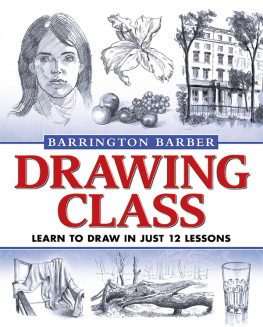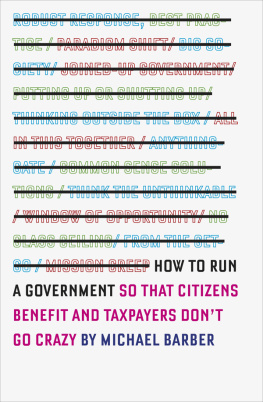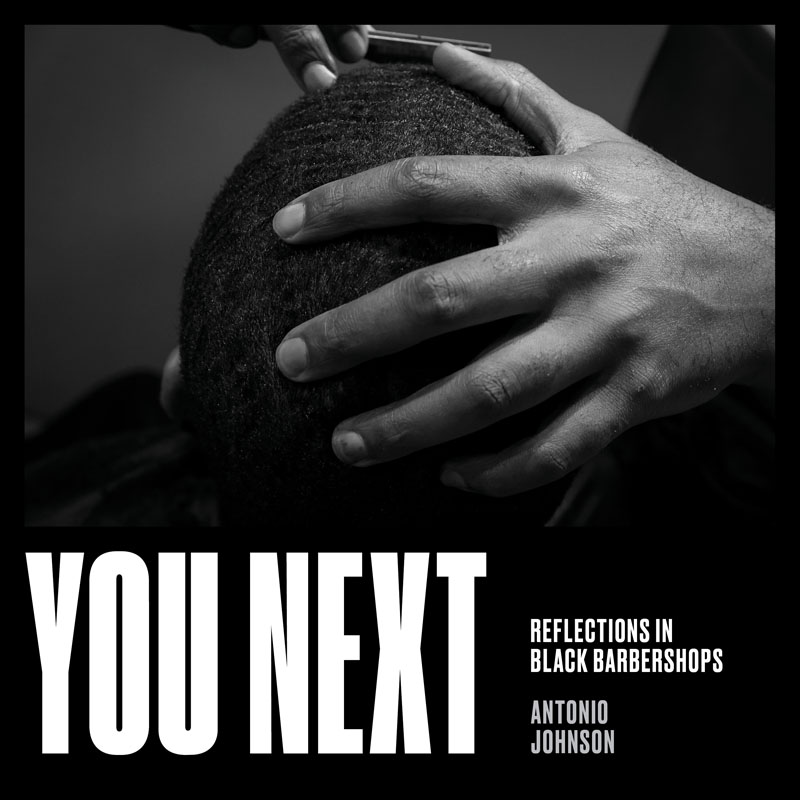
T heres something about a fresh haircut that can change a Black mans outlook on the world, change his outlook on himself. The experience extends beyond just the cut but to the environment of the barber shop. Growing up, getting a hair cut was a weekly event Antonio M. Johnson looked forward to more than anything. His uncle Jason was a barber and embodied everything cool. There in that tilted chair, under the hand of his uncle, surrounded by members of his community and totems of a shared experience, Johnson felt safefelt like anything was possible. Over the years, he came to understand that barber shops are more than places simply to get a cut. They are about the only spaces in American life created where Black men can speak and receive feedback about who we are, who we want to be, and what we believe to be true about the world around us. The interpretation of the barber shop as community center falls short of capturing what they really are for so many Black men: sanctuaries in a hostile land. You Next is an intimate photographic exploration of the ways Black barber shops operate as sites for the cultivation of Black male identity and wellness in major US citiesGary, Indiana; Washington DC; New York City; Oakland; Atlanta; Los Angeles; Detroit; New Orleans; Montgomery; Memphis, and Johnsons hometown of Philadelphia. These photos, interviews, and essays tell the full story of the Black barber shop in America. You next is what a barber says to customers to communicate that theyre on deck for a haircut; its the question between customers to determine where they are in line. Thus, it is an invitation, an invocation, an affirmation. Because after waiting your turn in a barber shop, sharing, laughing, debating, those magic words signify you are about to be transformed.

Copyright 2020 by Antonio M. Johnson
All rights reserved
First edition
Published by Lawrence Hill Books
An imprint of Chicago Review Press Incorporated
814 North Franklin Street
Chicago, Illinois 60610
ISBN 978-1-64160-285-3
Library of Congress Control Number: 2020939599
Cover and interior design: Jonathan Hahn
All photos copyright by Antonio Johnson
Printed in the United States of America
5 4 3 2 1
CONTENTS
INTRODUCTION
YOU NEXT
ANTONIO M. JOHNSON
S ome time ago, I trekked from my home in Brooklyn to the famed Apollo Theater in Harlem to watch the comedian Hannibal Buress perform. In the middle of his act, and out of nowhere, Buress asked the crowd, You ever think you were depressed but really you just needed a haircut? The joke elicited mostly chuckles from the largely white audience, but the Black men in the room erupted in laughter.
As Buresss joke and the response it received suggest, theres something about a fresh haircut that can change a Black mans outlook on the world, change his outlook on himself. And if getting a haircut is an external experience that can have a profound internal impact on a Black man, that experience extends beyond just the cut to the environment of the barber shop itself.
This is something Ive always felt. Growing up, getting my hair cut was a weekly event I looked forward to more than anything. My uncle Jasonmy mothers youngest brotherwas a barber and always embodied everything cool, stylish, and fly.
Between semesters at college, he worked in a barber shop on Market Street. I can still picture itthe old wood paneling, the receptionist in her pink shirt with gold doorknocker earrings and long nails. When it was my turn, my uncle would sit me in his chair, turn me toward the mirror, and say jokingly, Man, your hair is peasy! Let me hook you up.
There in that tilted chair, under the hand of my uncle, surrounded by members of my community and totems of our shared experience, I felt safe. I felt like anything was possible. Those feelings of confidence and power only grew as I saw myself transformed from peasy-headed to crisp and new, ready to take on the world.
Then there was my dads barber, Mr. Leon in Southwest Philly, just around the corner from my dads childhood home. Despite his wet and silky Jheri curl, Mr. Leon was in high demand. On the drive to Mr. Leons shop, my dad would remind me that this man had cut his hair for every major moment in his lifegraduations, first dates, his wedding.
While my dad was getting his usual cut, Id study the style guides taped to the walls in the small shop and flip through every issue of Jet magazine I could get my hands on to see the Beauty of the Week. And of course, Id listen to all the back and forth in the room. It was at Mr. Leons, for instance, that I learned my dad was a basketball legend in our community. Your dad was better than Magic, a customer might say before another chimed in to describe my dads jump shot or an incredible play he once made.
From experiences like that, I came to understand barber shops as are more than places simply to get a shape-up, shave, or trim. They are where Black men can speak freely and receive feedback about who we are, who we want to be, and what we believe to be true about the world around us.
That is, of course, not to say that barber shops are perfect. Indeed, they can be as flawed as the communities that maintain them. But at their best, barber shops are sites for the cultivation of Black male identity and wellnessthe only such spaces in American life.
In June 2018, I set out on a trip across the United States to visit Black barber shops and photograph the communities that exist within them. I gathered images and stories in Gary, Indiana; Washington, DC; New York City; Oakland; Atlanta; Los Angeles; Detroit; New Orleans; Montgomery; and my hometown of Philadelphia.
I met a toddler in DC on the occasion of his first haircut and a New Orleans barber whos been in the business for more than half a century. Ive talked to fathers, sons, husbands, and brothers about what it means to be Black men in America and what the barber shop means to them.
The result of that reporting is the book you hold in your hands. It is my humble attempt at capturing the magic of the Black barber shop, my way of saying thank you to the space for all it has given me.
As for the title? Well, in Black barber shops, you next is what a barber says to customers to communicate that theyre on deck for a haircut. Its also used as a question between customers to determine where they are in line. Thus, it is an invitation, an invocation, an affirmation. Because after waiting your turn in a barber shopsharing, laughing, debatingthose magic words signify you are about to be transformed.

Shop sign for The Funhouse Barber Shop owned by Michael Elton Casey on Wilshire Avenue.
The Funhouse Barber Shop in Los Angeles, CA. September 2018

Donald Perry holds a clients head still while giving him a lineup.
The Grain Grooming Studio in Atlanta, GA. August 2018

Vintage shop sign.
Curleys Barber Shop in Oakland, CA. October 2018

